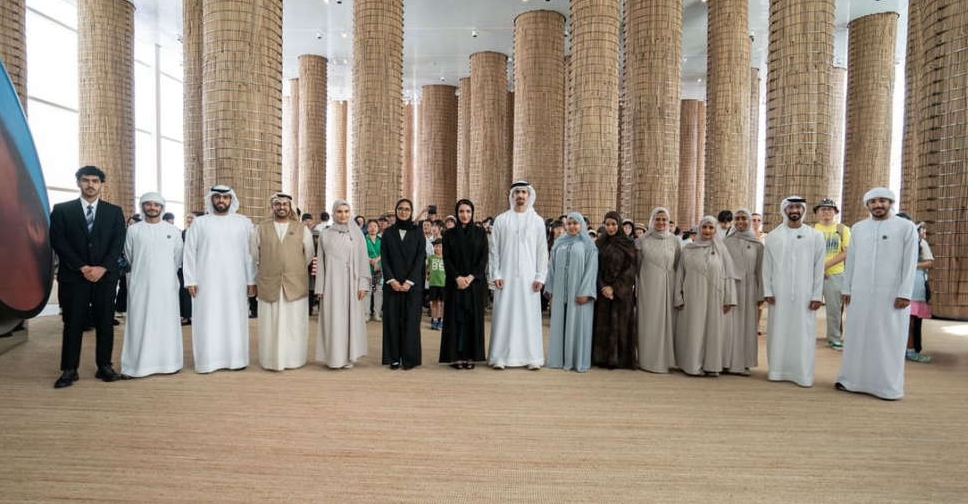
"Israel must end its siege of Gaza, let aid in and stop the forcible transfer of the Palestinian population," the UAE's Permanent Representative to the UN, Lana Nusseibeh told the International Court of Justice (ICJ) on Wednesday.
"Palestinians and Israelis deserve to thrive side by side in their own independent, prosperous and secure states," she added.
The ICJ, the top UN court which is also known as the World Court, was asked in 2022 by the UN General Assembly to issue a non-binding opinion on the legal consequences of the Israeli occupation.
While the court was not asked to issue an opinion about the withdrawal of Israeli troops from the occupied territories, many states participating in the hearings have called on Israel to do so.
Israel, which is not taking part, said in written comments that the court's involvement could be harmful to achieving a negotiated settlement.
The UAE's representative highlighted how the "Palestinian people have suffered for far too long under an occupation that is seemingly immune from international law."
She added that Israel's violations also have implications for international organisations, and called on the organs of the UN to take steps within their respective mandates to ensure an end to those violations.
"The UAE has every confidence that the court's opinion will contribute significantly towards achieving a peaceful resolution of this conflict," said Nusseibeh as she reaffirmed the UAE's committment to play its part in supporting the principles of international law.
More than 50 states will present arguments until February 26.
The ICJ's 15-judge panel has been asked to review Israel's "occupation, settlement and annexation ... including measures aimed at altering the demographic composition, character and status of the Holy City of Jerusalem, and from its adoption of related discriminatory legislation and measures".
The judges are expected to take roughly six months to issue their opinion on the request, which also asks them to consider the legal status of the occupation and its consequences for states.

 Sharjah seizes AED279 million-worth of narcotics in 2024
Sharjah seizes AED279 million-worth of narcotics in 2024
 UAE launches programme to train youth in global social missions
UAE launches programme to train youth in global social missions
 UAE expresses solidarity with India over factory explosion
UAE expresses solidarity with India over factory explosion
 Ajman Police launches smart messaging platform
Ajman Police launches smart messaging platform
